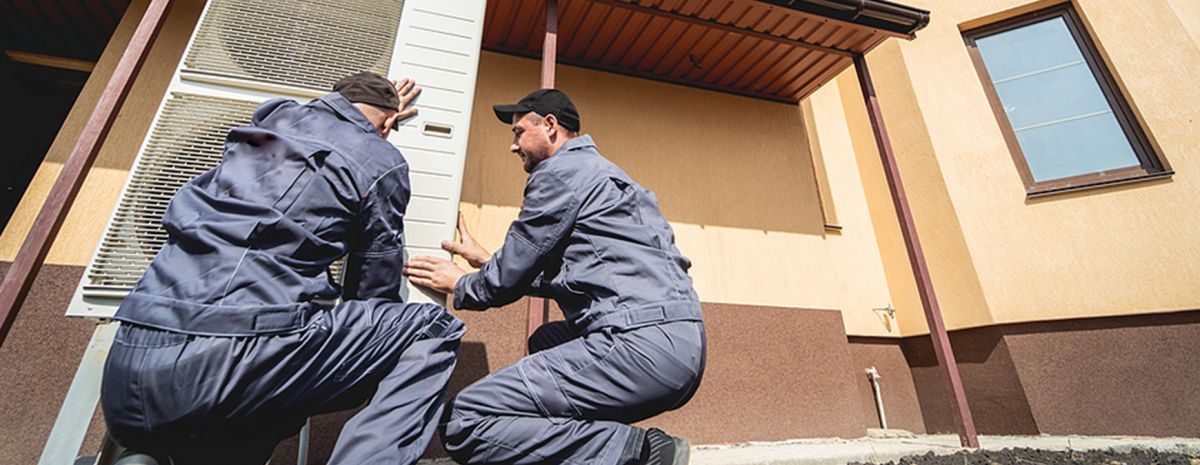RSI is a Great Training Option for Everyone
Learn more about how we can prepare you to advance your career.
If you’re looking to get a higher education, you have a few choices.
But are you having trouble deciding whether you want to attend a trade school or a 4-year college?
Choosing your higher education is an important decision, and we are here to help!
What Is a Trade School?
Trade schools, sometimes called technical or vocational schools, are post-secondary educational institutions that prepare students for jobs in the real world.
Their programs provide training for specific jobs, offering hands-on instruction so graduates can jump right into the job market with both feet.
Get Started on the Path to a New Career
Fill out our form to learn how we can help you change your life.
Let’s say you’re interested in becoming a professional welder but only as a hobby. In a trade school, you’ll have access to a workshop where you can learn how to weld under the eye of a skilled instructor.
Most trade school programs focus on technical abilities in mechanical fields, but there are other options available.
You can attend trade school to become a healthcare professional, an HVAC technician, electrician, a professional chef, or an airplane mechanic. It’s important to choose a school that offers a program that appeals to you.
4-Year College vs. Trade School
What are the main differences between a traditional 4-year college and a trade school? Let’s take a closer look.
Cost
When you choose either option, you’re investing in your future, but choosing a trade school over 4-year college can save you a great deal of money.
Typically, a trade school program will cost about $20,000. Meanwhile, the overall cost of an average bachelor’s degree is $127,000. Even if you choose a public university, which runs on the lower cost end of the spectrum, you can still expect to pay a lot more than you would for a trade school diploma.
Time
There’s another important investment to consider, and that’s the amount of time you’ll spend training for your eventual career.
Trade school programs at The Refrigeration School, Inc., for example, can take as little as 7 months to complete attending full-time. That’s one reason why they don’t cost as much as traditional college degrees.
By contrast, if you want to get a bachelor’s degree, it will take you at least four years to finish school.
We say “at least” because it will probably take longer, statistically. Less than 60 percent of students actually finish their degree in just four years.
Job Availability
Learning a trade that requires practical skills can help you find work quicker. There are plenty of jobs opportunities that don’t require a 4-year college degree.
When you enroll in a trade school, you’re more likely to find work that matches your skill set without having to shop around. If anything, you might have a hard time choosing between all the companies that want to hire you. Some people are even able to start their own businesses with some additional work experience and continuing education.
The Elective Element
Students who enroll in 4-year colleges are required to take elective courses. While this may result in a well-rounded education, it doesn’t offer much practical use.
In a trade school, you can focus on the classes that will help you get the skills you need to succeed. This ties into the time-saving element, but it’s also another benefit of attending a trade school.
Class Size
You’re more likely to encounter smaller classes at a trade school than you would at a large public university. That means one-on-one interaction with instructors, increased participation, and a more memorable experience overall.
When you’re able to participate hands-on, you’ll gain more experience, which is what you’re there for. Smaller classes are also more personalized, which can help to reduce school-related anxiety.
Student-Instructor Relationships
Your instructors are already skilled in the field you’re studying. The more time you spend with them the more you’ll learn. You don’t have to strike up close friendships with them, but it’s always a good idea to keep the lines of communication open.
Career Services
Don’t neglect the Career Services department. Gaining the skills you need to succeed in your field is important, but the Career Services department can help connect you with amazing job opportunities you might not be able to find on your own.
Unlike a college advisor, who provides guidance on what classes you should take, the trade school staff plays a more practical role in finding a job. They can help you make connections in the business world, so you’re likely to score a job in your chosen field as soon as you get your diploma.
Final Thoughts
Ready to learn more about The Refrigeration School? Are you looking for practical training that focuses on skills rather than pure academia? If so, then RSI could be a perfect fit. Call RSI at 1-888-671-5803 for more information about our trade school programs.
Trade schools have become more appealing over the last several years. Find out why generation Z is choosing trade school over college.
Additional Sources
This blog has been labeled as archived as it may no longer contain the most up-to-date data. For a list of all current blog posts, please visit our blog homepage at https://www.rsi.edu/blog/




